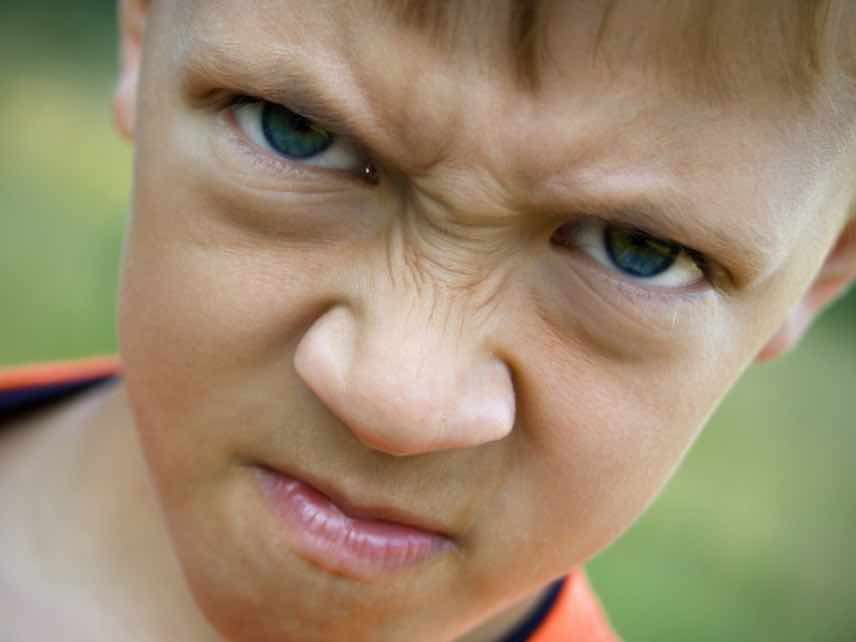Legislator Wants to Fine Parents of Bullies $750, Make Them Take Classes
"A judge will make the determination are they guilty."

A state representative in Pennsylvania has proposed a bill that would fine parents up to $750 and make them attend parenting classes if their kids engage in bullying.
State Rep. Frank Burns, a Democrat, spent last year extracting anti-bullying pledges from every school in his district, which is outside Johnstown. Now he wants to go further. As PennLive.com explains:
The fines wouldn't be imposed right away. Rather, they'd be the end product of a process that starts off with schools taking some sort of disciplinary action with the first instance of bullying.
After the second instance, the "parents are brought into the school for a conference. Then an action plan is set forth for school's responsibility, and what the parents responsibility is," Burns said. "Parents also required to attend parenting classes set up by the school."
And if all that doesn't work and the bullying continues, the "school can file a citation, and the parent can go to court and have their say. A judge will make the determination are they guilty," Burns said.
Parents could face initial fines of $500, going up to $750 for repeat offenses, Burns' office said.
The problems here are many, and begin with the definition of bullying. Is there really a way to distinguish "being mean" from "bullying"? If so, who gets to decide? The kid who feels hurt? The parents of the kid? The school?
According to site stopbullying.gov, the list of activities the government considers bullying includes "teasing" "taunting" and "leaving someone out on purpose." That's a wide swath of human behavior. Too wide. What if some kids want to leave someone out on purpose because that "someone" is a bully? Now he can claim to have been bullied.
"Bully" is a fluid category. Bullies don't always think they're bullies. Often, they feel aggrieved, too. Rather than turning some kid into an official pariah—and kicking his family financially (which may lead to him being kicked physically)—the school and government should not get into the habit of formally labeling people. A law like this can even make bullying worse, says Izzy Kalman, a school psychologist who has been researching and bullying for decades. "The reason is very simple," he said in an email. "What will you fight harder? A traffic ticket that serves as nothing more than a warning, or one that carries a $750 fine and gives you a permanent criminal record? Well, that's exactly what will happen when parents have to pay huge fines." The kids labeled bullies will angrily deny it. They may get their friends to turn against the alleged victims, too. Then the parents will fight the school's accusation, fueling "even more intensive feuds."
Besides, isn't a process that allows anyone to anonymously report a bully ripe for abuse? We've already seen what happens when busybodies call child protective services to complain about a neigbhor they don't like. More anonymous reporting is not what we need.
Lastly, there's also the meta problem of teaching kids to outsource their moral development to the authorities. In the New York City subway there are signs that say, "If you see a sick passenger, do not attempt to help them. Alert a police officer or a transit employee." The government is telling us not to be fully human: Do not to exercise judgment or compassion, stand back and wait for officials to handle even the everyday problems that individuals handled until now. The bullying law proposed by Rep. Burns takes an age-old issue and teaches kids not to try to solve it. Ask an adult instead.
Of course, sometimes bullying really is crazy cruel, and a higher authority should intervene. That has always been the case, and schools are already on high bully alert. This bill will not help kids. But it could hurt a lot of families.


Show Comments (82)